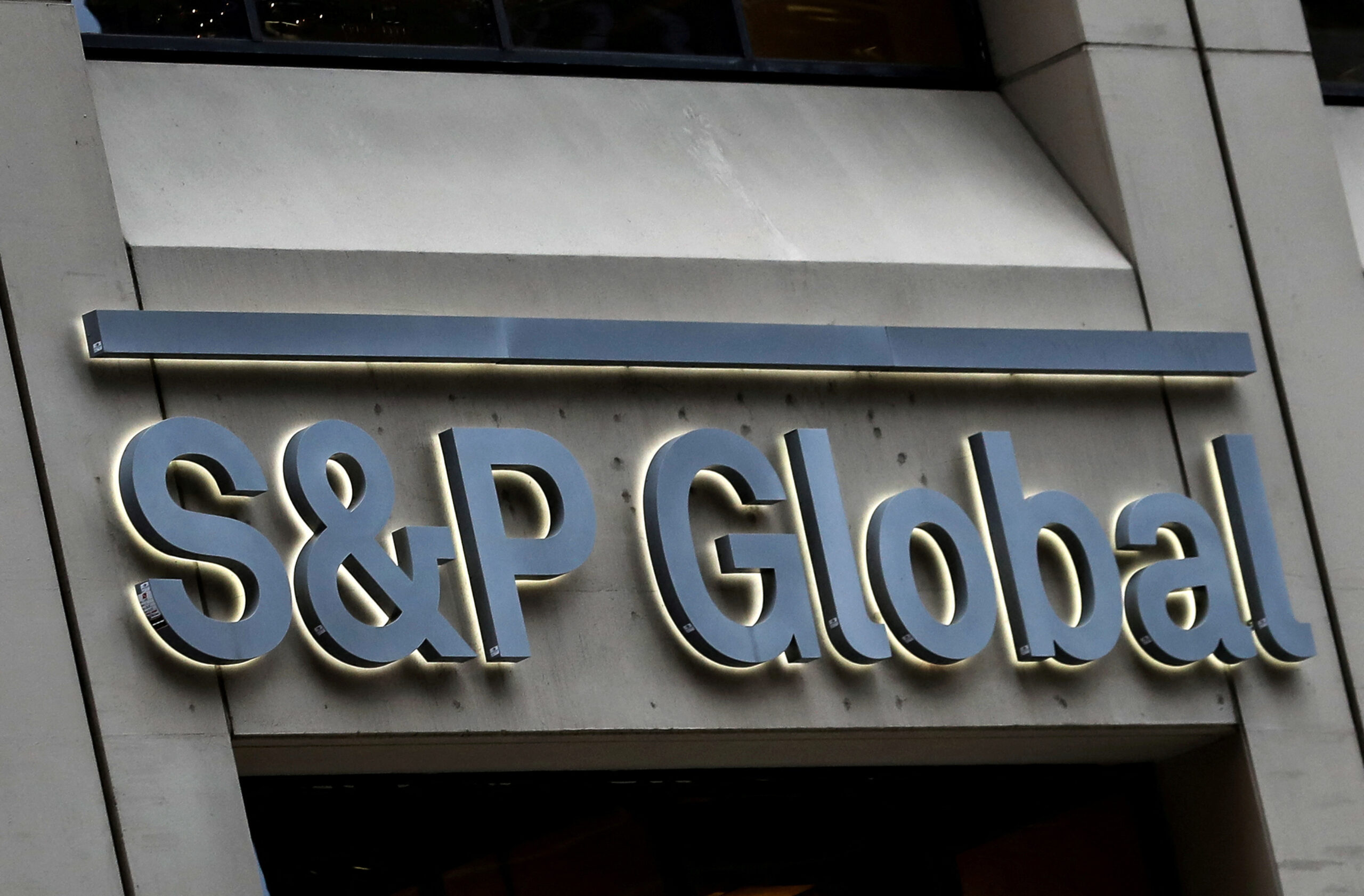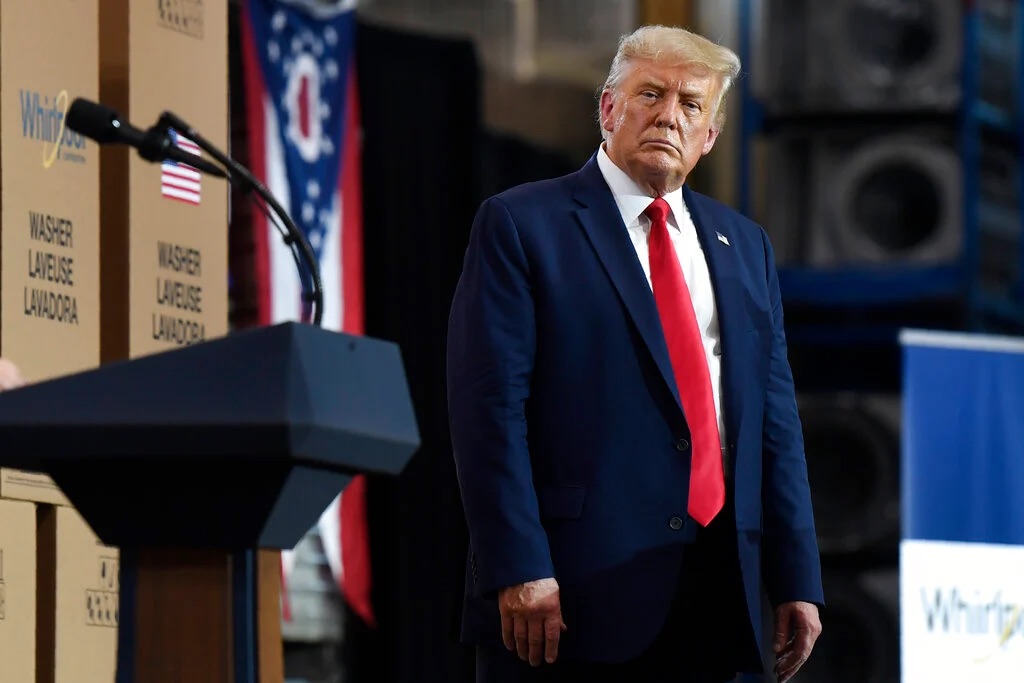The introduction of the Payment Stablecoin Act to the United States Senate represents a significant legislative effort aimed at regulating the stablecoin market. This move has the potential to reshape the landscape of digital currencies, particularly for U.S. banks and international stablecoin issuers like Tether.
Overview of the Payment Stablecoin Act
The bill, introduced on April 17, proposes comprehensive guidelines that aim to integrate stablecoins more fully into the U.S. financial system. Key provisions of the bill include:
- A $10 billion issuance cap for non-bank stablecoin issuers.
- A prohibition on unbacked algorithmic stablecoins.
- A requirement for stablecoin issuers to maintain one-to-one reserves in cash or cash equivalents.
According to a research note from S&P Global Ratings, the legislation could significantly benefit U.S. banks by encouraging them to enter the stablecoin issuance market. The proposed regulatory framework might provide banks with a competitive edge over non-bank issuers by allowing them to operate without the $10 billion issuance cap imposed on their non-banking counterparts.
Challenges for Non-U.S. Issuers
The bill poses substantial challenges for non-U.S. stablecoin issuers, particularly for Tether, which currently boasts a market capitalization of $110 billion. The legislation would restrict U.S. entities from holding or transacting in Tether, potentially diminishing its market dominance and favoring U.S.-issued stablecoins.
Tether, which sees a significant volume of its transactions outside the United States, particularly in emerging markets, might experience a shift in its user base. The bill’s restrictions could drive U.S. consumers and businesses towards domestically issued stablecoins, impacting Tether’s international transaction activity, which largely includes retail transactions and remittances.
Legislative Goals and Industry Reactions
Senator Kirsten Gillibrand emphasized that regulating stablecoins is crucial for maintaining the dominance of the U.S. dollar, fostering innovation, protecting consumers, and combating financial crimes. However, not all responses to the bill have been positive. Crypto advocacy organization Coin Center has criticized the ban on algorithmic stablecoins, labeling it as “bad policy” and potentially unconstitutional under the First Amendment, highlighting a divide in the crypto community’s reception of the legislative proposals.
- Regulatory Advantage for Banks: The unique position of banks under the new bill could catalyze a new era of crypto-related services offered by traditional financial institutions.
- Impact on Innovation: While the bill aims to promote responsible innovation, its restrictions on certain types of stablecoins could stifle creative advancements in the crypto sector.
- Consumer Protection: Enhanced regulatory measures could lead to greater security for consumers, reducing the risk of fraud and other malpractices associated with unstable or poorly regulated digital assets.
The Payment Stablecoin Act could herald a significant transformation in the stablecoin market, particularly benefiting U.S. banks while posing challenges for international issuers like Tether. As the U.S. aims to fortify its financial systems against emerging digital risks, this legislation could play a pivotal role in shaping the future dynamics of the global cryptocurrency landscape.










